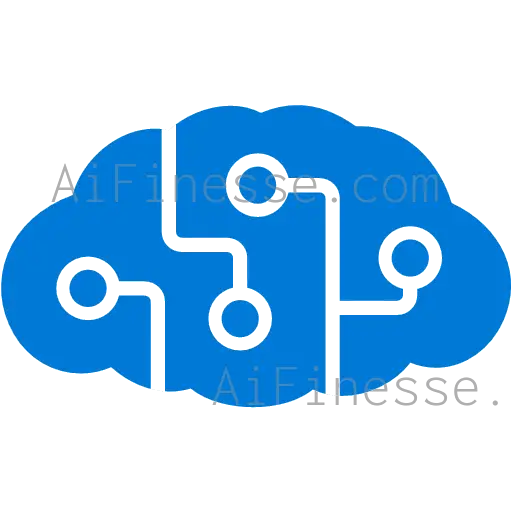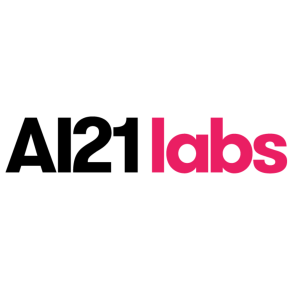Azure Cognitive Services
Azure Cognitive Services is a suite of AI services provided by Microsoft to help businesses and developers create more intuitive and user-friendly applications. The services are divided into five main categories: Speech, Language, Vision, Decision, and OpenAI, each designed to improve the user experience in a different way.
Features:
-
AI APIs: Pre-built APIs for common AI tasks.
Pay as you go: Cost effective AI pricing.
GDPR & HIPAA: Compliance with industry standards and regulations, including GDPR and HIPAA
Fune Tuning / Tips:
- Suggestions matching public code: Allow or Block code suggestions matching public code.
- Telemetry: Allow or Block GitHub from using your code snippets for product improvements.
- max_tokens: Max. allowed tokens
Azure Cognitive Services Pros:
- Free AI credits
- Enterprise level security
- Easy to use
- Scalability, Azure Cognitive Services can handle large amounts of data and traffic
Azure Cognitive Services Cons:
- Limited AI customization
- Technical complexity of some features
- Microsoft specific developer environment
Azure Cognitive Services Price:
App pricing information for Azure Cognitive Services is as below:
Price: Varying Prices
Testimonials:
Azure Cognitive Services has been a critical part of our AI strategy. The ability to use advanced algorithms and machine learning models has given us a competitive edge in the market. The cost-effective pricing model and scalability have been particularly attractive to us.
- Alexey Shapovalov
More Details:
The Speech category includes services such as Speech-to-Text, which transcribes audible speech into readable text, Text-to-Speech, which converts text to lifelike speech for natural interfaces, and Speaker Recognition, which can identify and verify people based on their audio.
The Language category includes services such as Entity Recognition, which can identify commonly-used and domain-specific terms, Sentiment Analysis, which can automatically detect sentiments and opinions from text, and Question Answering, which can distill information into easy-to-navigate questions and answers.
The Vision category includes services such as Azure Cognitive Services for Vision, which can identify and analyze content within images and videos, and Customized Vision, which can be customized for image recognition to fit specific business needs.
The Decision category includes services such as Anomaly Detector, which can identify potential problems early on, Content Moderator, which can detect potentially offensive or unwanted content, and Personalizer, which can create rich, personalized experiences for every user.
Finally, the OpenAI category includes the OpenAI Service, which uses advanced coding and language models to power a variety of use cases.
Overall, Azure Cognitive Services provides a range of powerful tools for businesses and developers to enhance their applications and create more intuitive and user-friendly experiences.
FAQ
You can access leading AI models that are constantly updated and improved by Microsoft research teams.
You can customize the services to fit your specific needs and scenarios.
You can integrate the services with other Azure products and services, such as Azure Machine Learning, Azure Bot Service, and Azure Logic Apps.
You can scale the services easily and pay only for what you use.
Google Cloud AI Platform, which offers similar services for vision, speech, language, and decision.
Amazon Web Services (AWS) AI, which also provides comparable services for vision, speech, language, and decision.
IBM Watson, which has a range of services for vision, speech, language, decision, and data analysis.
The number and quality of the services offered
The pricing and billing models
The ease of use and documentation
The customization and integration options
The customer support and feedback

Azure Cognitive Services Homepage
Azure Cognitive Services Repository
Azure Cognitive Services API
Launch : 2015
Tags
# Azure Cognitive Services
# Microsoft Azure
# MLOps
# Computer Vision
# Speech
# OpenAI
# NLP




